[8/30/2003] - "Québécité celebrates festival's 10th year", Kitchener Waterloo Record
J
What is a jazz opera? That's a question even the people involved in creating Québécité have a hard time answering.
What they can say is that - much like the Guelph Jazz Festival where it will make its debut - the jazz opera is about pushing the boundaries.
"You can take the liberties here that you might not be able to take elsewhere," explained composer D.D. Jackson at a recent rehearsal at the University of Guelph.
"Here we can be much more lush and poetic. It means the element of improvisation has been added. It's a very jazzy approach."
Ajay Heble, the festival's artistic director commissioned the jazz opera for festival's tenth anniversary after a similar experiment at the 2000 festival, Passages, was a huge success. In the spirit of taking chances and trying new things, he approached Jackson, a Juno-Award winning jazz pianist to compose the work, and Governor General's Award-winning poet George Elliott Clarke to pen the libretto, or storyline, of the jazz opera.
Described as "very much a multi-cultural romance for our times", by Heble, Québécité tells the overlapping stories of two interracial couples establishing romantic relationships that cross racial and cultural boundaries.
In part the story is based on the memoirs of of Jackson's African-American father and Chinese-Canadian mother.
"I thought it was a really wonderful story," said Clarke of the basis for his libretto. "It's a very romantic story."
While the "long overdue" story touches on modern Canada's values of diversity and tolerance, Heble notes it's written in a way "that doesn't hit you over the head with politics."
Indeed Clarke, a University of Waterloo graduate who teaches world literature at the University of Toronto, explains his goal was write something "romantic and light
"It's really an old-fashioned love story. Boys meet girls, split up and get married. It's the oldest story in the book."
Jazz, notes Clarke is the perfect outlet for both the love story and its interracial undertone.
"Telling stories about love has always been a part of jazz, and especially love across boundaries. And jazz was a multi-cultural music from the beginning. At the music's very birth different aspects of cultures and traditions were combined. In a sense we're kind of returning to the roots of jazz."
Like the characters that make up the opera, its cast and crew features a cross-section of Canada's pluralistic society.
The play is directed by African-Canadian Colin Taylor, the Artistic Producer of (Theatre) WUM in Toronto, and a former producer/director for CBC Radio Drama.
Former Guelph resident and African-Canadian frontman of R&B group Jacksoul Haydain Neale plays Ovide. Indian-Canadian vocalist Kiran Ahluwahlia is Laxmi. Korean-Canadian experimentalist jazz vocalist Yoon Choi plays Collette. Jazz musician Malcolm meanwhile is played by real-life New-York based African-American jazz and gospel singer Dean Bowman.
Jackson notes the varied talents of the performers plays right into the concept of a jazz opera. Music was composed after the cast was chosen and rather than asking each to conform to one particular style, allows them to showcase their distinctive and unique talents.
"Literally the stuff is put together based on what our strengths are," notes Neale.
"I think the only unifying elements are perhaps more of a melodic bent and an open-mindedness in my approach," explained Jackson.
Clarke's task was to write a libretto that would accommodate the music. It was a challenge he relished.
"The roots of poetry have always been in song. One of the great joys and pleasures is being able to use rhyme. Contemporary poets have felt rhyme was old-fashioned and old-hat. I've been happy to rediscover the joys of rhyme. It forces you to think of the connections between the words. What does glove have to do with love. It's not simple."
- Eric Martensson, Kitchener Waterloo Record
